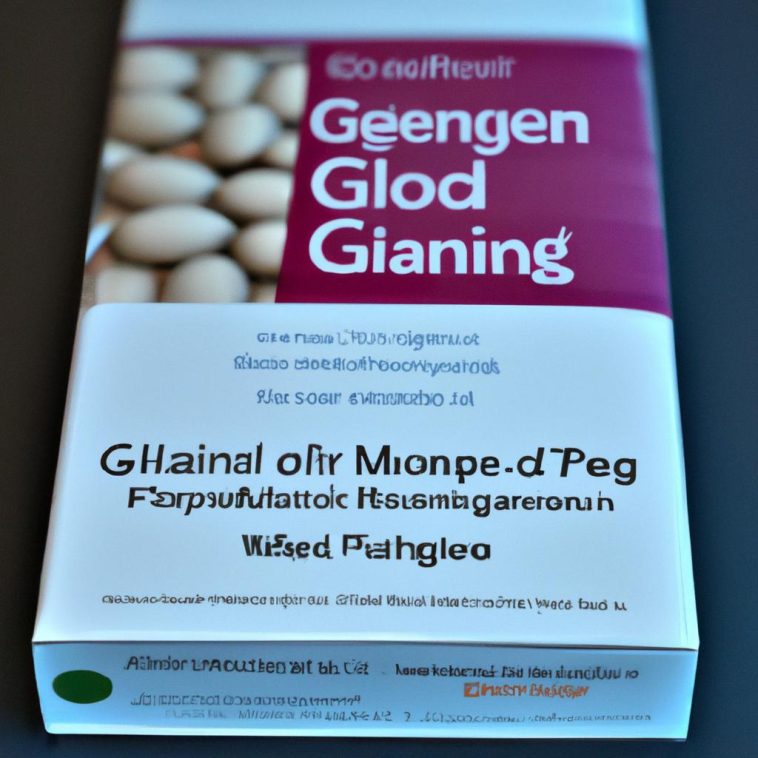Photo By: , Source, CC
The Future of Weight Management: Advancements in GLP-1 Therapies with Ozempic and Semaglutide by 2025
Introduction
As the global obesity epidemic continues to escalate, innovative treatments are being developed to aid in weight management. Among them, GLP-1 (glucagon-like peptide-1) therapies, particularly Ozempic and Semaglutide, have gained meaningful attention. This article explores the advancements in thes therapies and what can be anticipated by 2025.
Understanding GLP-1 Therapies
What is GLP-1?
GLP-1 is a hormone that plays a crucial role in regulating appetite, insulin sensitivity, and glucose metabolism. It is secreted in response to food intake and is instrumental in promoting satiety.
Ozempic and Semaglutide
Ozempic, which contains the active ingredient semaglutide, is primarily prescribed for glycemic control in individuals with type 2 diabetes. However, its benefits extend to weight management, making it a dual-purpose therapy. Semaglutide is known to promote weight loss by enhancing feelings of fullness, reducing hunger, and inhibiting gastric emptying.
Advancements by 2025
By 2025, we can expect several key advancements in the field of GLP-1 therapies:
1. Enhanced Efficacy
Clinical trials and research are ongoing to improve the efficacy of Semaglutide and similar GLP-1 therapies, aiming for even greater weight loss results.
2. Alternative Delivery Methods
Innovations in delivery methods, such as oral formulations and long-acting injectables, are being explored to enhance patient compliance and convenience.
3.Cost Accessibility
With increasing competition and generic formulations, the cost of GLP-1 therapies is expected to decrease, making these medications more accessible to a broader population.
4. Integration with Lifestyle Programs
Healthcare providers are likely to incorporate GLP-1 therapies into thorough lifestyle and dietary programs, creating a holistic approach to weight management.
5. Personalized Medicine
Advancements in genetic research and metabolic profiling may lead to personalized treatments, allowing for GLP-1 therapies to be tailored to individual patient needs and responses.
Conclusion
The future of weight management is promising with the advancements in GLP-1 therapies like ozempic and Semaglutide. As we look ahead to 2025, stakeholders in healthcare, including patients, providers, and policymakers, should remain informed about these developments. By embracing innovative treatments and integrating them into comprehensive weight management strategies, we can combat the obesity epidemic and promote healthier lifestyles.


